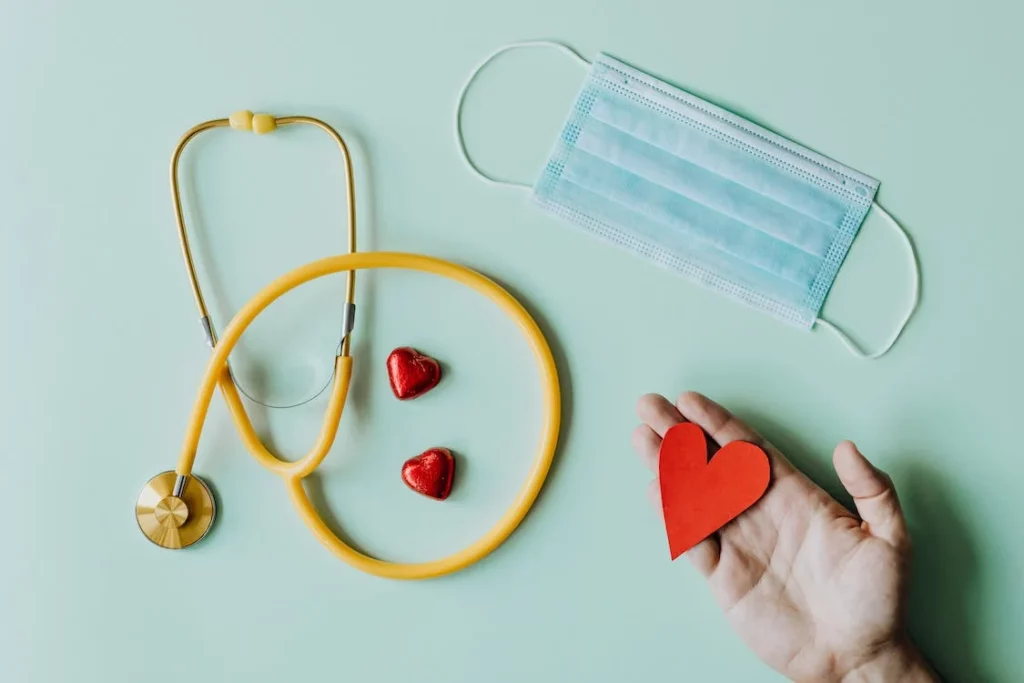"As COVID-19 persists in Singapore, safeguarding our kids' health becomes paramount; take proactive steps with these six tips for a secure and healthy school year."

As COVID-19 continues to spread in Singapore, it’s important to make sure our kids stay healthy. To tackle the problems caused by the pandemic as well as other viral diseases, we’ve got to take action. It’s important to look at key strategies that can help kids stay healthy as they start a new school year in the middle of an ongoing health crisis. Take a look at these six tips to make sure kids stay healthy and safe during the school year.
Teaching Proper Hand Washing

It is critical to teach children how to properly wash their hands. Washing hands with soap for at least 20 seconds is significant because it helps prevent the spread of illness, not only in the classroom but throughout the entire school. Bacteria can quickly spread from one person to another. Teach kids to wash their hands after blowing their nose, going to the bathroom, and before eating. This helps lower the chance of getting sick and passing it on to others.
Make sure your kids always have hand sanitiser on hand, such as at their desks or in their bags. When kids are unable to wash their hands, they should use hand sanitizer before snacks or lunch and after touching shared items such as laptops or pencils. Provide your kids with a box of tissues to keep in their desks or bags. Tell them to sneeze into a tissue if they need to. Washing hands, combined with using hand sanitiser and wearing masks, is our best defence against many illnesses.
Keep the Immune System Strong

While there isn’t a proven way to ‘boost’ the immune system, maintaining good health is key to ensuring that kids’ immune systems work well. Having enough sleep, a balanced diet, stress management, regular exercise, and a focus on handwashing all play a role in reducing the likelihood of children catching colds, flu, or other illnesses.
Vaccination continues to be the most effective method of disease prevention. However, supplements such as elderberry, vitamin C and garlic are often used to aid with immunity support. Of course, you should always consult a doctor before giving your child supplements.
Check on Your Child’s Mental Health

Many kids and teenagers have faced challenges with their mental health, especially in the context of the ongoing COVID-19 pandemic. It is crucial to establish an environment where kids feel at ease discussing their emotions, emphasising that it is perfectly acceptable to express concerns about sensitive issues. Kids often shy away from such discussions due to the fear of judgement, lectures, or punishment. Therefore, assuring them that they can share their thoughts with their parents without the fear of being judged becomes even more vital during these uncertain times.
Monitoring for any behavioural changes indicative of anxiety, depression, or distress is essential, especially given the added stressors associated with the pandemic. Keep an eye out for:
- Shifts in their mood, such as increased irritability, sadness, or frequent mood swings.
- Changes in sleep patterns or hunger,
- An abrupt drop in academic performance
- Withdrawal from social activities or isolation from friends and family.
- Physical symptoms, such as headaches or stomachaches, that have no obvious medical explanation may be indicators of emotional distress.
- A sudden loss of interest in previously enjoyed hobbies may indicate underlying emotional issues.
If there is uncertainty regarding a child’s need for assistance or how to initiate a conversation, seeking guidance from a paediatrician or exploring school-based mental health programs is highly recommended.
Get Good Sleep Habits Going

Ensuring that kids get enough sleep is critical to their health. Lack of sleep has been linked to a variety of problems in kids, including trouble concentrating, obesity, sad thoughts,, and an increased vulnerability to injuries.
Sleep has an impact on academic achievement in addition to physical and emotional well-being. Incorporating stability into their schedules and providing reassurance during times of stress or uncertainty will help them sleep better.
Power Up with a Good Breakfast

A good breakfast is key for boosting kids’ brainpower. Having a nutritious breakfast with sufficient protein, fats and carbs is super important for making kids’ brains work better and keeping theirenergy levels steady throughout the day. Eating breakfast every day has loads of benefits. Kids who make it a habit get more of the good stuff their bodies need and eat less fat and cholesterol. They also get higher amounts of iron, B vitamins, and vitamin D, which are all very important. Check out ‘Smart Food Choices for Kids’ During Exams.’
You can also give nutritious snacks to kids. Choosing options like fruits, vegetables, or whole-grain snacks can provide the energy they need without compromising on nutritional value. Snacking healthily between meals not only keeps hunger at bay but also contributes to maintaining a well-balanced diet.
Stay Home When Sick

Choosing to keep your kids at home when they are sick is a responsible and considerate decision that not only prioritises their health but also safeguards the well-being of others. When you notice the onset of symptoms in your kids, such as a fever, cough, or general malaise, keeping them at home helps prevent the transmission of illness to other students, teachers, and the broader community.
Protecting kids’ health and well-being during the continuing COVID-19 pandemic demands a multifaceted approach. These six tips point out the significance of taking proactive actions to ensure that kids are safe and healthy. Combining these practices with a collaborative commitment to staying informed and following established guidelines will be our best protection against the further spread of COVID-19 in schools and communities.

Leave a Reply